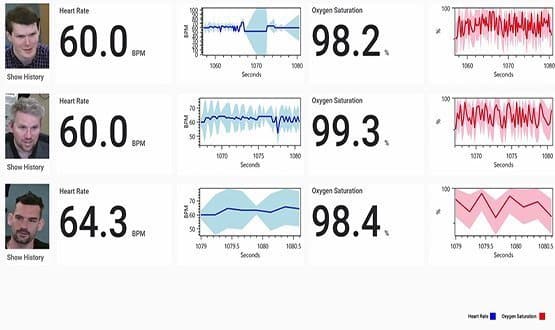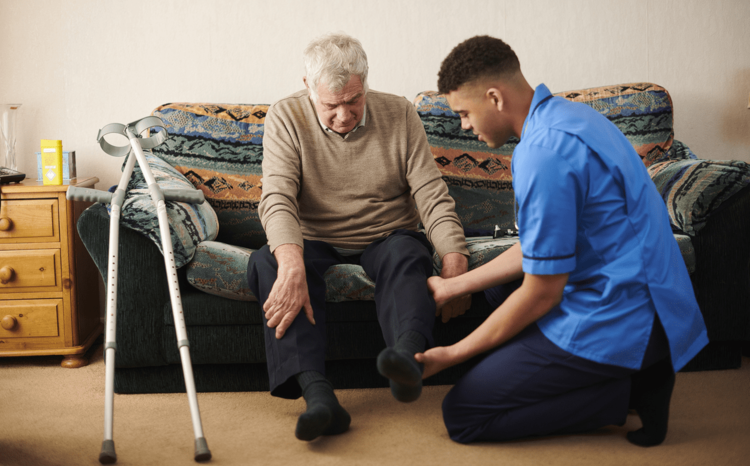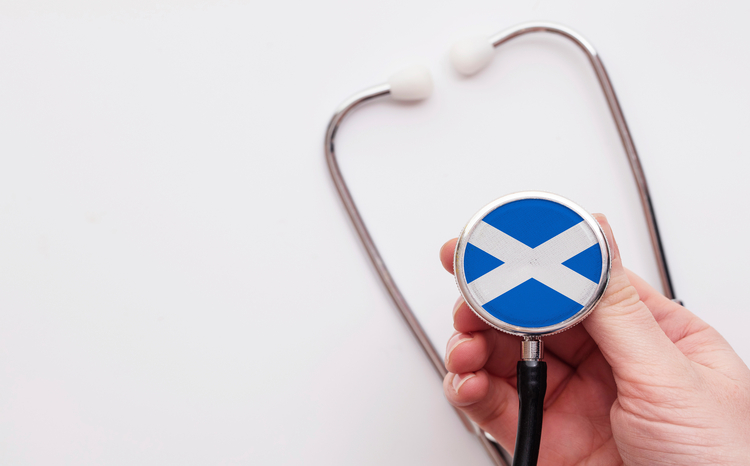Camera tech to replace pulse oximeter clip trialled in Fife

A method of detecting blood oxygen levels without touching a patient will be trialled at one of the main hospitals in Fife.
Equipment developed at the University of St Andrews uses camera technology to replace a traditional pulse oximeter clip. This is attached to a patient’s finger and, through continued contact, allows the heart rate and oxygen levels to be measured.
David Harris-Birtill, a lecturer at the School of Computer Science at St Andrews, explained that the trial will use a camera. This can identify a person’s face and detect their vital signs as it subtly flushed “like a light bulb, going on and off”.
“That is how we get the heart rate; by looking at the intensity over time and seeing the increase and decrease – more or less blood flowing through your body due to heart beating,” he said.
The oxidation levels are measured via infrared, as oxygenated and deoxygenated blood have different absorption spectra.
The information will be fed into a table which has a video stream of the patients’ faces, next to their real time heart rate values and oxidation levels, as well as their history over time. The six-month trial will be at Kirkcaldy’s Victoria Hospital, and is initially expected to be on the respiratory ward.
Consultant respiratory physician, Devesh Dhasmana, said: “This work remains at an early stage of development, but the early work is promising.”
The trial will begin in six months’ time, and the new technology will be used alongside the conventional clips.
Harris-Birtill added that using a non-contact method saves time and also assists child and special needs patients – who may flick the clip off.
Before the trial begins, the team at St Andrews wants to have facial recognition, not just facial identification, and to improve the oxidation level measurements.
The technology is being commercialised by Harris-Birtill’s own company, Beyond Medics, and the research was initially funded by the Digital Health and Care Institute.




